Clodius Albinus: The Unfulfilled Aspirations of a Roman Usurper
Introduction to Clodius Albinus
In the lore of Roman political history, Clodius Albinus stands out as a figure encapsulating both ambition and tragedy—traits characteristic of those who dared to vie for the imperial purple during the tumultuous Year of the Five Emperors. His life, dedicated to military and political ascendancy, was marked by war and intrigue. Recent historical examinations place him in a somewhat sympathetic light, contrasting with his portrayal in contemporaneous sources as a mere usurper seeking power at all costs.
Early Life and Rise to Power
Born around 150 AD in Hadrumetum, a city in the Roman province of Africa, Decimus Clodius Albinus entered a world transitioning from the prosperous era under the "Five Good Emperors" to the pivotal and often chaotic periods that followed. Though much about his early life remains obscured by time, records suggest he hailed from a noble family, which positioned him well for a career in the Roman military—a common avenue for ambitious young men seeking prominence.
His distinguished military capability quickly garnered the attention of emperors such as Marcus Aurelius and Commodus. Clodius Albinus's leadership during these times of tension not only solidified his position within the Roman army but also cultivated a reputation for loyalty and valor. By the time he was appointed as governor of Britannia, his status as a key military leader was well-established, overseeing one of the empire's most volatile and isolated provinces.
The Political Chessboard of Rome
Clodius Albinus's political acumen was as significant to his rise as his military prowess. His governorship in Britannia offered him the political platform necessary to project power and influence across the empire, forming alliances that would later define his fate. Tensions in Rome escalated following the assassination of Commodus in 192 AD, leading to the ascension of Pertinax, and subsequently Didius Julianus in the tumult of 193 AD. The empire verged on the brink of collapse with competing generals from different regions declaring themselves emperor.
Amid this chaos, Albinus aligned with Septimius Severus, then a powerful general. This alliance was strategic, as Severus sought to consolidate power by eliminating rivals and ensuring loyalty among Rome's vast legions. In a bid to secure Albinus's allegiance, Severus bestowed upon him the title of Caesar—a clear indication of imperial favor and a stepping stone to future claim to the throne.
The Path to Conflict
Despite the apparent alliance between Albinus and Severus, tensions simmered beneath the surface, fueled by ambition and mistrust. As Severus campaigned eastward against his rivals, Clodius Albinus's influence grew considerably. His governorship in Britannia and command over its legions gave him a formidable power base.
In 195 AD, with Severus consolidating control in the East, a break between the two allies became imminent. Severus declared his sons as successors, contravening Albinus’s expectations of shared power. Feeling marginalized and deceived, Clodius Albinus proclaimed himself emperor, sparking a violent struggle that would shape the contours of Roman politics in this era.
The Civil War and Fall at Lugdunum
The conflict between Albinus and Severus epitomized the volatility of Roman imperial successions. As Severus's forces marched from the East, Albinus mobilized his forces from Britannia, moving swiftly to Gaul, where a showdown was inevitable. Their forces clashed in the Battle of Lugdunum in 197 AD, a confrontation that would decide the fate of the empire's leadership.
The battle was one of the largest and most brutal of its time, with both sides suffering heavy losses. However, Severus's experience and superior tactics eventually prevailed, leading to Albinus's defeat. After the battle, Albinus met a tragic end, as he was captured and executed on Severus's orders—an outcome extending Severus’s unchallenged control of the Roman Empire.
With Clodius Albinus's demise, the hopes of those who favored a divided control between powerful military leaders over a single ruler were dashed. His life and death reflect the aspirations and pitfalls of Rome’s power struggles, highlighting tensions between ambition and loyalty, power, and legitimacy. However, in the annals of history, Albinus's legacy remains as a symbol of resistance against the centralization of authority—a poignant reminder of Rome's complex and often brutal quest for power.
As we continue to explore the intricate web of Albinus's historical context, subsequent sections will delve deeper into the implications of his struggle and its enduring impact on Roman political dynamics.
The Historical Context and Cultural Climate
Understanding Clodius Albinus’s rise and eventual fall requires a deeper exploration of the unique historical context in which these events unfolded. The late second century CE was a period marked by both the strength and fragility of the Roman Empire. The empire's vast territories spanned from the deserts of North Africa to the moors of Britain, each province with its own unique challenges and demands. Maintaining cohesion across such a diverse expanse was a task that fell heavily on the shoulders of Roman emperors, often leading to complex coalitions and dangerous rivalries.
This era followed the comparatively stable period fostered by the so-called "Five Good Emperors," which ended with the erratic rule of Commodus. His assassination plunged Rome into chaos and set the stage for the phenomenon of multiple simultaneous claimants, each backed by powerful legions willing to contend for the throne. In such an environment, personal loyalty often outweighed central authority, with generals like Albinus and Severus leveraging their military might to assert claims over the empire.
The Military Might of Clodius Albinus
Clodius Albinus's military influence in Britannia was a critical factor in his ability to stake his claim to the throne. Britannia, geographically removed from the heart of Rome, was often seen as a touchstone for military strength because of its active and restless legions. As governor, Albinus proved adept at maintaining both the defensive and administrative aspects of the province, further reinforcing his authority amidst the empire's broader instability.
At the time, Britain’s legions were seasoned, having been involved in numerous campaigns against the Picts and other tribes. Unlike civilian political power, which was often seen as fragile and fleeting, military clout in Rome was tangible and direct. Thus, Albinus’s control over these forces afforded him significant leverage in the power struggles of the day. His ability to mobilize and lead these troops was essential not only in his initial alliance with Severus but also in his eventual challenge against him.
The Aftermath of Lugdunum
The defeat of Clodius Albinus at the Battle of Lugdunum had immediate and lasting repercussions for the Roman Empire. Severus's victory not only secured his position as the uncontested ruler but also set a precedent for how imperial power could be seized and maintained. This was an era where power came from the sword as much as it did from political maneuvering, and the defeat of a rival could often lead to brutal reprisals.
Following the battle, Severus executed Albinus and ordered the eradication of his supporters. This purge demonstrated the ruthlessness characteristic of imperial politics but also highlighted Severus’s need to consolidate authority quickly to stave off any further challenges. Those associated with Albinus faced dire consequences, with many stripped of positions, property, and lives—a grim reminder of the cost attached to failed aspirations in Rome.
Legacy and Historical Interpretation
The historical interpretation of Clodius Albinus's life and actions is colored by the sources available, many of which are influenced by the victors of these conflicts. Roman historians, often patronized by the ruling elite, depicted Albinus as a usurper, omitting the complexities and perhaps the legitimacy of his claims to a measure of power. However, more modern historians have sought to reassess his role within the broader narrative of Rome’s history, revealing a picture of a man driven not purely by ambition but by circumstances and an unyielding drive to survive and thrive in a tumultuous period.
In modern retellings, Albinus’s attempt to claim the throne is often viewed as an early warning of the shifts that would ultimately lead to greater power struggles throughout the Third Century Crisis. His story serves as an insightful case study into the nature of Roman imperial authority during a period when the lines between legitimate claim and usurpation were blurred and contested militarily across vast expanses of land.
The Enduring Fascination with Clodius Albinus
Even centuries after his death, Clodius Albinus continues to intrigue historians and enthusiasts of Roman history. His life encapsulates themes of ambition, loyalty, and the high stakes of military and political power in ancient Rome. The complexities of his alliances and conflicts illustrate the ever-present tension between regional power bases and the centralized authority of Rome.
As with many figures in history, the narrative surrounding Albinus is multifaceted, characterized by both feats of considerable prowess and the harsh realities of political machinations. His impact, though ultimately overshadowed by the likes of Severus, continues to resonate in discussions on the governance and decline of Rome, offering lessons on the volatile intersection of ambition and power.
As our exploration continues, we will delve further into Clodius Albinus’s military leadership style, his influence over Britannia, and the nuanced legacy he left within the rich tapestry of Roman history. His story is one of many that remind us of the often-unpredictable path of historical narratives and the individuals whose aspirations helped shape the world they inhabited.
The Strategic Leadership of Clodius Albinus
Clodius Albinus was not merely a political figure but also a strategic military leader whose actions during his governorship in Britannia proved decisive in shaping the region’s stability. His tenure came at a time when the Roman Empire struggled to maintain control over its far-flung territories, including the British Isles. By employing a mix of diplomatic acumen and military prowess, Albinus managed to maintain a tenuous peace in a province often riddled with uprisings and external threats.
One of Albinus's noteworthy strategies was fortifying the defense lines, including enhancing the protection of Hadrian’s Wall, the northern boundary that marked Roman control. This foresight helped mitigate incursions from hostile tribes, ensuring a more stable environment which allowed Roman civilian administration and local economies to flourish. Such actions not only reinforced his status as a capable leader but also showcased his understanding of the delicate balance needed to rule successfully.
The Role of Britannia in Albinus's Campaign
During Albinus's revolt against Severus, his command over Britannia was pivotal. Britannia provided him with crucial resources and seasoned soldiers who were ready to battle the imperial forces sent by Severus. The province's geographic position, while remote, allowed Albinus a degree of autonomy in mobilizing his troops, training them without immediate interference from Roman central power.
Moreover, the legions of Britannia, trained in harsh conditions and battle-hardened, formed the core of Albinus's military might during the campaign in Gaul. Able to project power across the channel into mainland Europe, Albinus demonstrated an understanding of utilizing regional advantages in his broader strategic plan to challenge Severus. Despite his eventual defeat, the campaign underscored the importance of provincial power bases in the imperial politics of Rome.
The Psychological and Cultural Impacts of Albinus's Defeat
The defeat of Clodius Albinus had significant psychological and cultural repercussions within the Roman Empire. For his supporters, the loss symbolized the futility of challenging the increasingly autocratic nature of imperial rule. Severus's swift and merciless repression of Albinus's faction underscored the severe consequences faced by those who opposed the emperor.
Culturally, the events surrounding Albinus highlighted the shifting perception of Rome's traditional power structures. The Senate, once a cornerstone of Roman political life, was increasingly sidelined as emperors relied more heavily on military loyalty to maintain control. Albinus’s campaign, though ultimately unsuccessful, reflected a broader discourse about the nature of Roman governance—a discourse that would continue to evolve as emperors grappled with challenges to their authority from both within and outside the empire.
Re-evaluating Clodius Albinus's Place in History
As historians reassess the significance of Clodius Albinus in Roman history, his role is increasingly viewed through a lens that considers the complexity of the times in which he lived. Unlike simplified portrayals of him as merely a usurper, modern analysis often highlights his capabilities as a military leader and his strategic vision for both his immediate jurisdiction and the broader imperial landscape.
Albinus's ambition, far from being an anomaly, was a common thread among many Roman figures of his era, where the tumultuous environment necessitated both bold aspirations and decisive action. By exploring his story, historians gain insights not only into the life of a man of ambition but also into the fundamentally restless and opportunistic nature of Roman political culture during the 2nd century.
The Lessons of Clodius Albinus's Struggle
The saga of Clodius Albinus offers enduring lessons about the nature of leadership, ambition, and the interplay between military force and political power. His trajectory illustrates the precarious balance leaders must maintain between vying for personal authority and adhering to broader political structures. In the fiercely competitive and often brutal world of Roman imperial politics, Albinus's rise and fall serve as cautionary tales.
Moreover, Albinus's experience underscores the importance of adaptable strategy and the critical role of regional autonomy within larger political entities. His use of Britannia as a springboard for his challenge against Severus highlights how regional dynamics can influence even the most centralized systems of governance.
In conclusion, Clodius Albinus remains a fascinating figure whose life sheds light on an era of significant transformation in Roman history. His story reminds us of the fragility of power, the relentless pursuit of ambition, and the complex web of alliances and enmities that defined Roman imperial politics. As history continues to be studied, Albinus’s contributions and struggles will remain integral to understanding the rich mosaic of the Roman Empire's past.

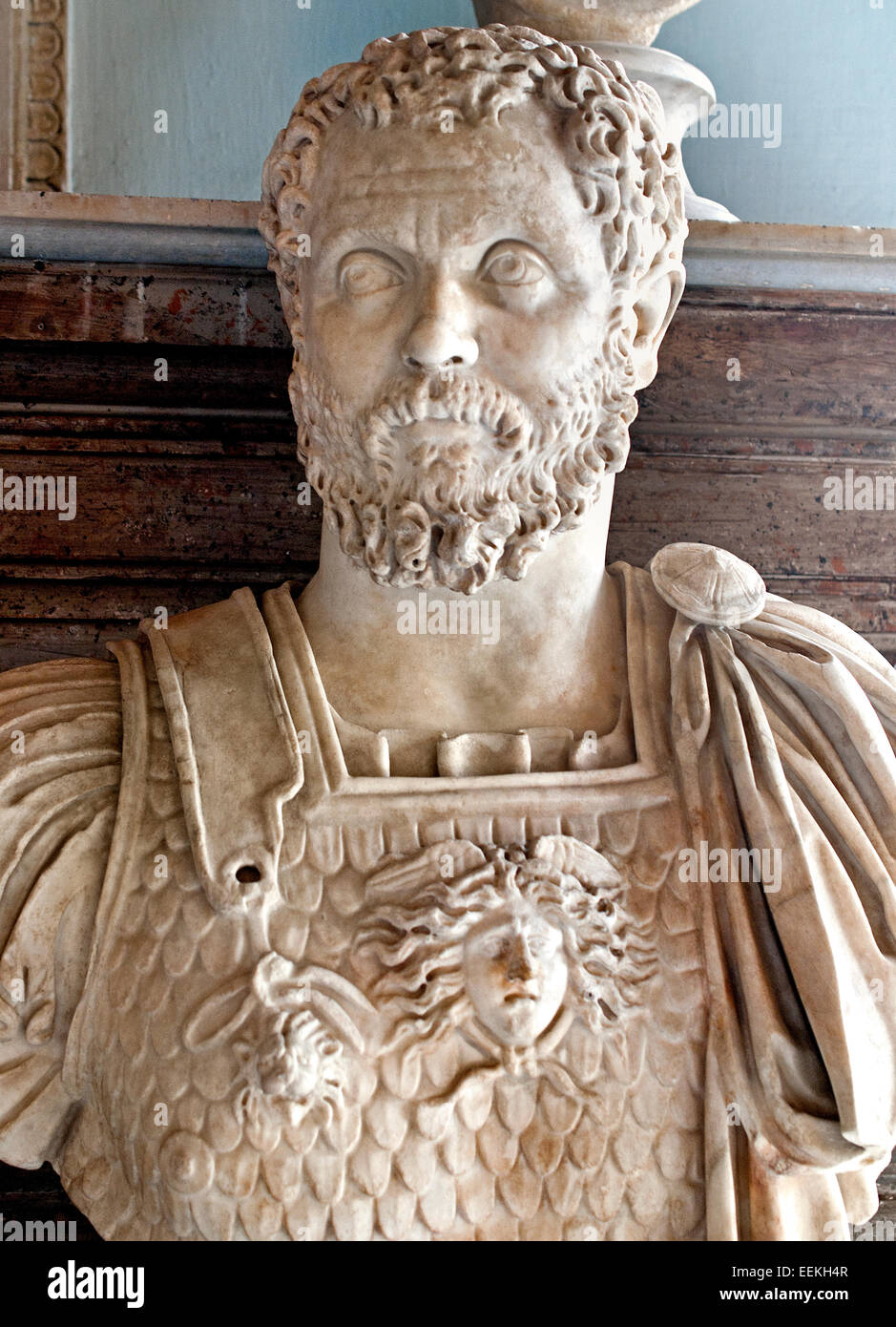
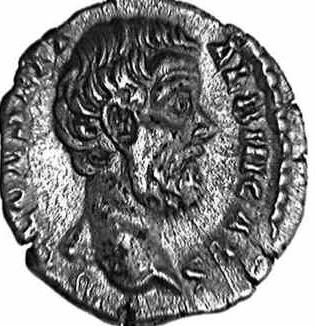

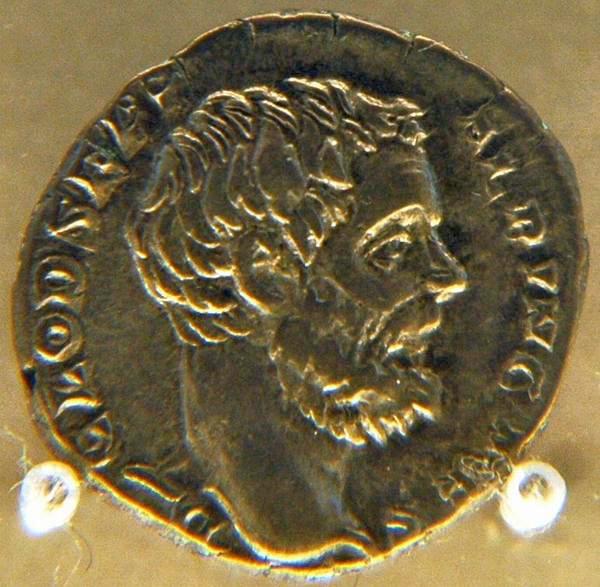




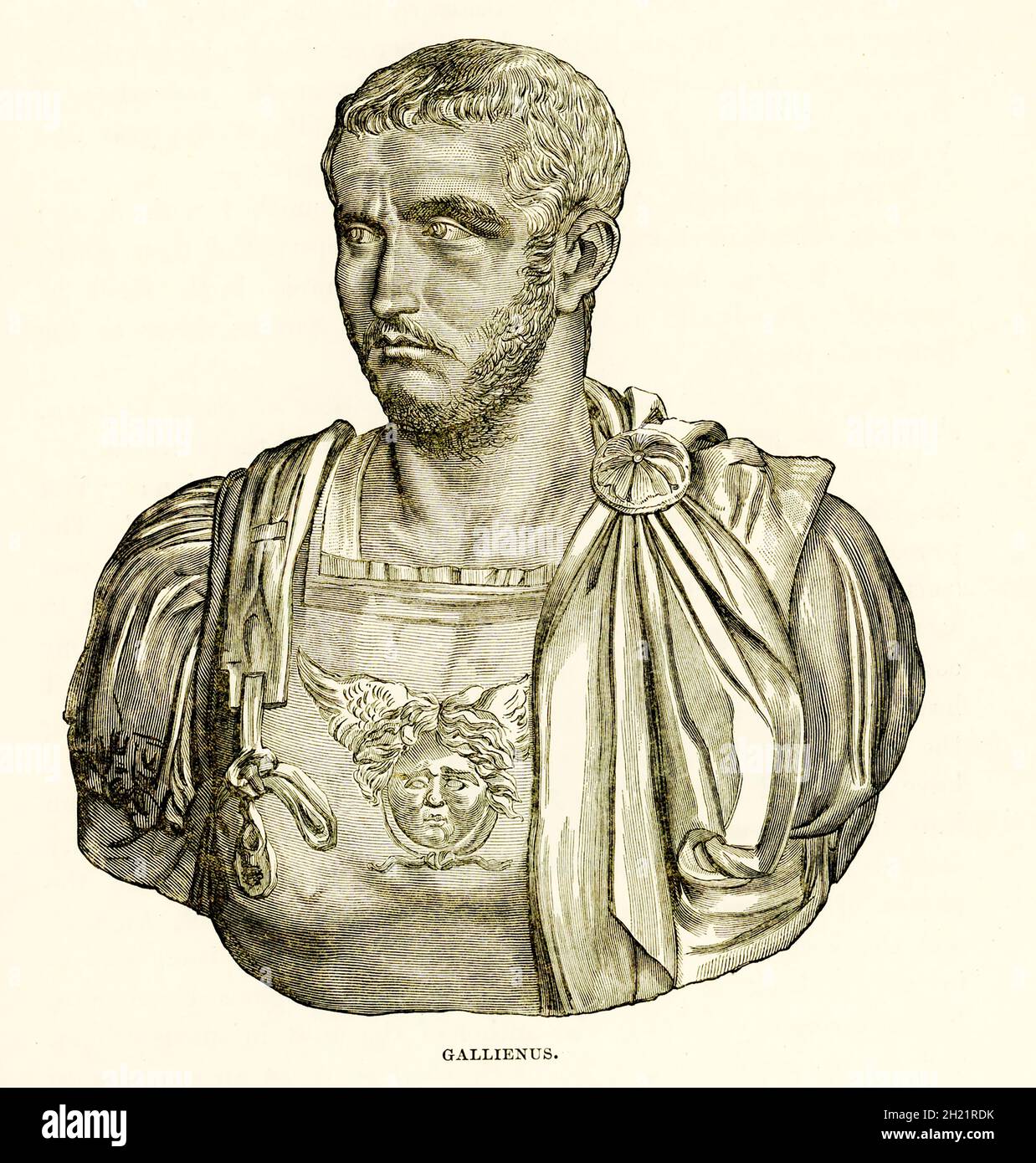




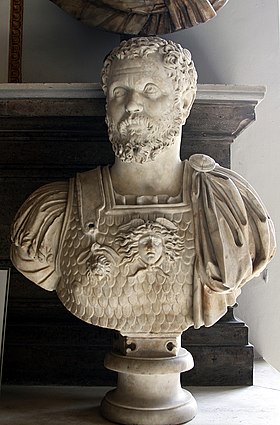






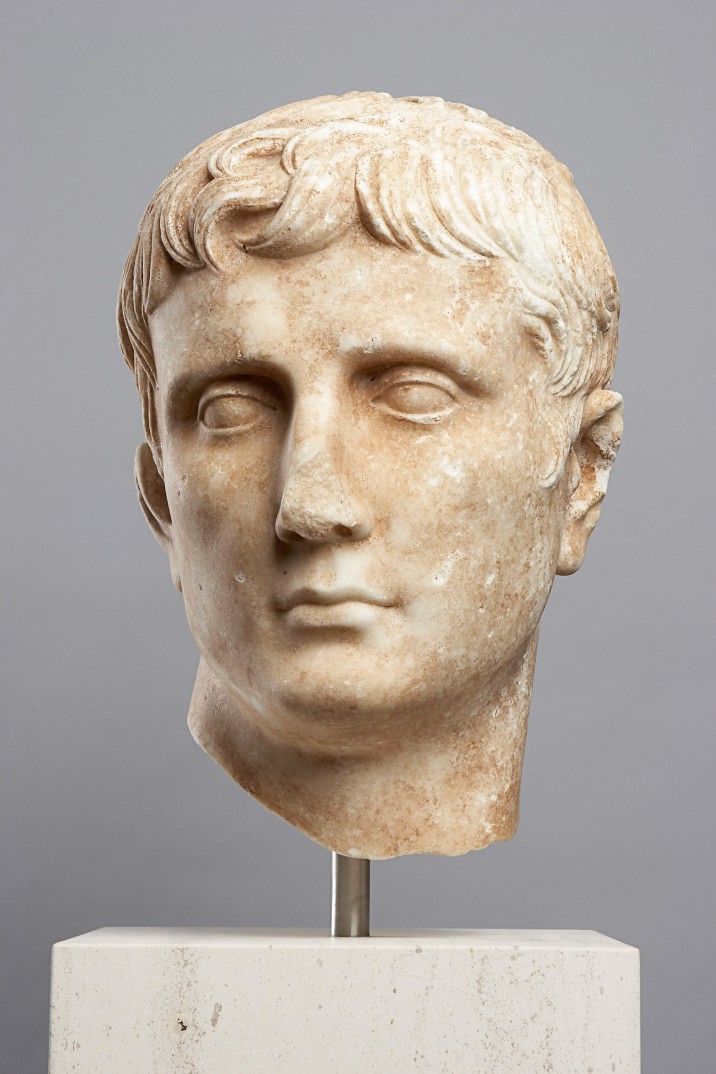


:focal(1134x648:1135x649)/https://tf-cmsv2-smithsonianmag-media.s3.amazonaws.com/filer_public/49/26/4926c5f7-b1c9-4b5c-842c-cfe6cdb13a1d/panoramica_1.jpg)

Comments